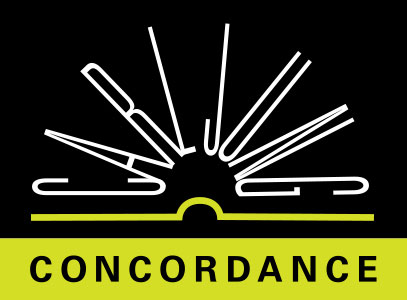I shall only emphasize that Egyptian theology asserts, first and foremost, the essential unity (homoousia) of God as father and son, both represented by the king:
The third person appears in the form of Ka-mutef (“the bull of his mother”), who is none other than the ka, the procreative power of the deity. In it and through it father and son are combined not in a triad but in a triunity. To the extent that Ka-mutef is a special manifestation of the divine ka, we can “actually speak of a triunity of God, king, and ka, in the sense that God is the father, the king is the son, and ka, the connecting-link between them”
CW11 ¶ 177KA-MUTEF AKIN TO THE HOLY GHOST
In his concluding chapter Jacobsohn draws a parallel between this Egyptian idea and the Christian credo. Apropos the passage “qui conceptus est de Spiritu Sancto, natus ex Maria virgine,” he cites Karl Barth's formulation: “There is indeed a unity of God and man; God himself creates it.It is no other unity than his own eternal unity as father and son. This unity is the Holy Ghost” ( P. 64 Barth, Credo, p. 70 ). As procreator the Holy Ghost would correspond to Ka-mutef, who connotes and guarantees the unity of father and son. In this connection Jacobsohn cites Barth's comment on Luke 1 : 35 (“The Holy Ghost shall come upon thee, and the power of the Highest shall overshadow thee: therefore also that holy thing which shall be born of thee shall be called the Son of God”): “When the Bible speaks of the Holy Ghost, it is speaking of God as the combination of father and son, of the vinculum caritatis”
CW11 ¶ 177THE DIVINE PROCREATION OF PHARAOH
The divine procreation of Pharaoh takes place through Ka-mutef, in the human mother of the king. But, like Mary, she remains outside the Trinity. As Preisigke points out, the early Christian Egyptians simply transferred their traditional ideas about the ka to the Holy Ghost. This explains the curious fact that in the Coptic version of Pistis Sophia, dating from the third century, Jesus has the Holy Ghost as his double, just like a proper ka
CW11 ¶ 177EGYPT HAD SIGNIFICANT INFLUENCE
ON CHRISTIAN IDEAS
These ideas passed over into Hellenistic syncretism and were transmitted to Christianity through Philo and Plutarch. So it is not true, as is sometimes asserted even by modern theologians, that Egypt had little if any influence on the formation of Christian ideas. Quite the contrary. It is, indeed, highly improbable that only Babylonian ideas should have penetrated into Palestine, considering that this small buffer state had long been under Egyptian hegemony and had, moreover, the closest cultural ties with its powerful neighbour, especially after a flourishing Jewish colony established itself in Alexandria, several centuries before the birth of Christ
CW11 ¶ 178It is difficult to understand what could have induced Protestant theologians, whenever possible, to make it appear that the world of Christian ideas dropped straight out of heaven. The Catholic Church is liberal enough to look upon the Osiris-Horus-Isis myth, or at any rate suitable portions of it, as a prefiguration of the Christian legend of salvation. The numinous power of a mythologem and its value as truth are considerably enhanced if its archetypal character can be proved. The archetype is “that which is believed always, everywhere, and by everybody,” and if it is not recognized consciously, then it appears from behind in its “wrathful” form, as the dark “son of chaos,” the evil-doer, as Antichrist instead of Savioura fact which is all too clearly demonstrated by contemporary history
CW11 ¶ 178